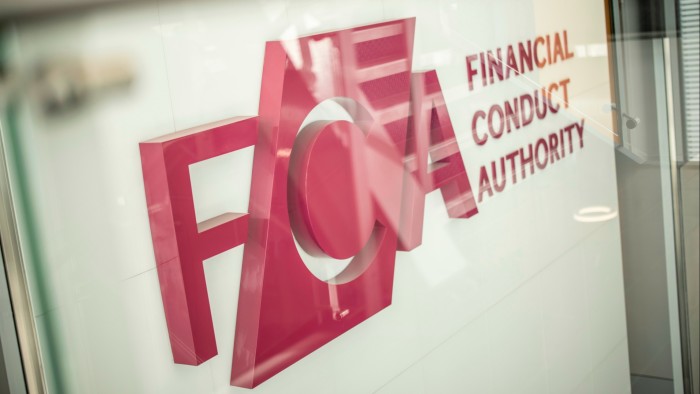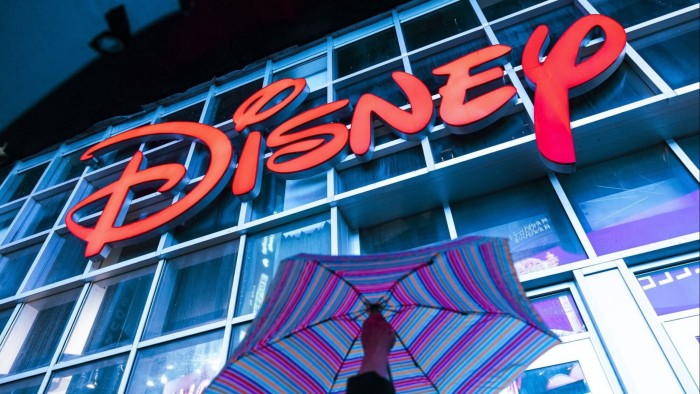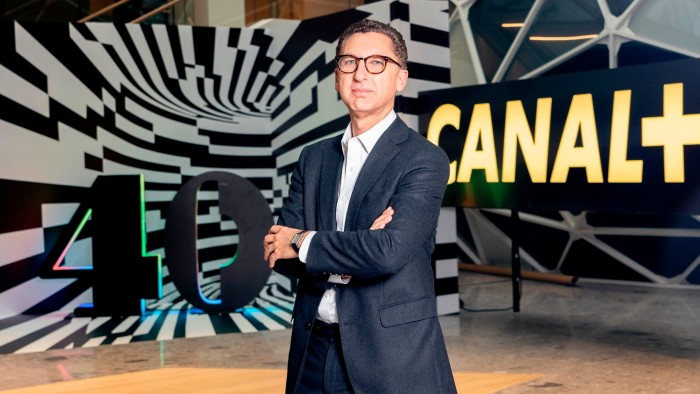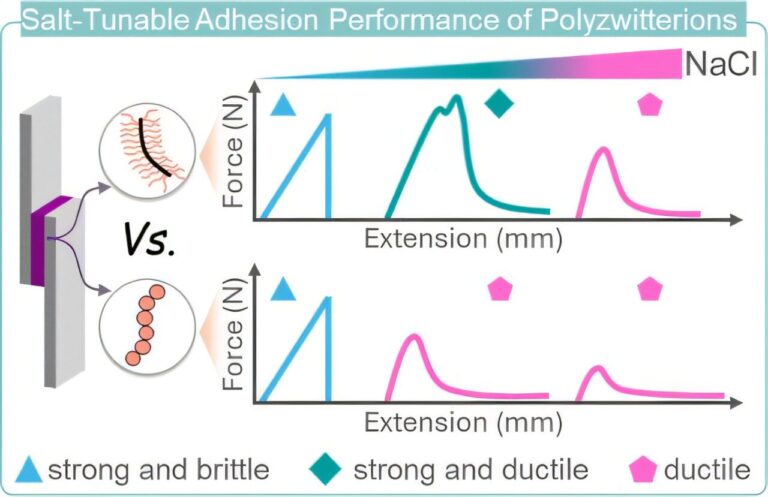
BlackRock is betting that governments will blink first on infrastructure
Unlock the Editor’s Digest for free
Roula Khalaf, Editor of the FT, selects her favourite stories in this weekly newsletter.
The writer is a professor at Uppsala University and author of ‘Our Lives in Their Portfolios: Why Asset Managers Own the World’ and the forthcoming ‘The Price is Wrong: Why Capitalism Won’t Save the Planet’
BlackRock’s recently announced deal to buy Global Infrastructure Partners, a leading asset manager in private infrastructure investment, is a striking move.
On the one hand, it makes obvious strategic sense. BlackRock has long been light in alternative asset classes such as infrastructure. Moreover, the world’s yawning “infrastructure gap” — between infrastructure investment ongoing or planned and investment actually required, not least to hit climate goals — gets ever larger. If any asset class is guaranteed robust long-term growth in investment, infrastructure would seem to be it.
On the other hand, infrastructure investment is currently in the doldrums. Listed infrastructure indices were flat across 2022 and 2023, while the private market — GIP’s territory — has seen fundraising collapse.
The principal cause of the downturn is macroeconomic conditions. And the issue is not so much inflation as central banks’ measures for dealing with it. What has subdued infrastructure investing is rising interest rates.
Infrastructure investment has never been a high-returns business; its appeal is regular annual yields. That appeal peaked between 2009 and 2021, when interest rates in much of the world were at rock-bottom and investors for whom bonds had conventionally been the go-to asset class for yield were forced to look elsewhere. Infrastructure fitted the bill. But now that central bank rates have climbed back to 5 per cent or more, it has lost its shine.
This is the backdrop against which the BlackRock-GIP deal must be assessed. Clearly, BlackRock does not think the current downturn in the infrastructure market will last. What does it expect to change?
A progressive loosening of monetary policy and fall in interest rates must be part of its reckoning. It is unimaginable that BlackRock would pay $12.5bn for GIP if it believed higher interest rates were here to stay. But there is certainly more to the deal rationale than that. As much as anything else, BlackRock’s GIP wager is a wager on government policy.
A notable feature of private financing and ownership of public infrastructure has always been risk-sharing. To encourage investment, governments widely assume risks that private investors will not shoulder, including many demand risks.
Since interest rates began climbing in 2021, infrastructure asset managers and governments have been playing high-stakes poker. Implicitly or explicitly, the former have been saying to the latter: if you want us to continue to finance new infrastructure, you need to absorb more risk because macroeconomic conditions have turned against us.
Who will blink first? BlackRock’s move to acquire GIP is, above all, a bet that it will be governments who do so. Indeed, the blinking has already begun. That is exactly how we should conceive the US Inflation Reduction Act, designed as it was to reignite infrastructure investment through enhanced subsidies. In explaining the GIP deal, BlackRock chief executive Larry Fink expressed confidence that other governments would fall into line: “Policymakers are only just beginning to implement once-in-a-generation financial incentives for new infrastructure technologies and projects.”
The broader political-economic orthodoxy of our age suggests BlackRock’s wager will pay off. Public investment for public infrastructure ownership seems beyond the pale: one after another, politicians, even in rich countries, have lined up to rule out significant fiscal expansion. If governments are not prepared to act as infrastructure owner-investors themselves in the manner of, say, China then what choice, other than to appease private investors, do they really have?






